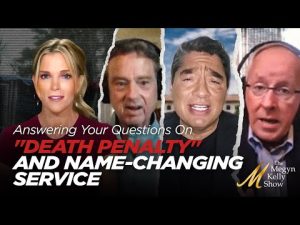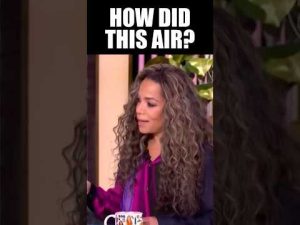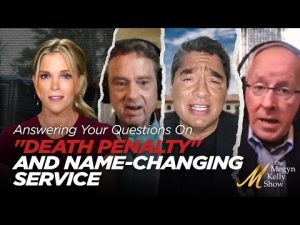In a recent appearance on CNBC, Charlie Kirk of Turning Point USA captured the growing sentiment of many Americans: a deep-seated skepticism towards the so-called ruling class, particularly in light of the pandemic’s aftermath. This struggle with trust has been brewing for years, but the past few years have accelerated the public’s awareness of the government’s overreach and frequent inconsistencies. Many Americans, like Kirk, believe that the ruling elite have not been held accountable for their actions, especially concerning the pandemic protocols and decisions that dramatically altered lives.
The pandemic highlighted a gaping disconnect between the average citizen and those in power. For many, the lockdowns felt more like enforced isolation than necessary health measures. While intentions might have been to protect public health, they quickly morphed into heavy-handed regulation without sufficient consideration for the diverse realities of American lives. Kirk articulates a belief that this approach was not only unnecessary but detrimental, leaving long-lasting scars on the nation’s trust in its leadership. This trust was further eroded by mandates and information that frequently changed, creating a sense of chaos rather than security.
In a world where citizens are increasingly demanding transparency and honesty, the silence or lack of accountability from those who initially pushed these measures feels like a betrayal. This sentiment is not limited to pandemic-related issues but extends to other instances where the public perception is that no one was held responsible, and genuine concerns were brushed off without thorough investigation. This approach has left many wondering whether the government truly acts in the best interest of its people.
Moreover, the conversation around economic challenges brought on by these decisions is another layer of frustration. Economic downturns are not new, but the pandemic-induced restrictions were decisions made by those in power rather than organic economic cycles. Many people, especially those in states with extended lockdowns, found their livelihoods abruptly halted, whereas states that reopened promptly fared better with fewer economic disruptions. This disparity raises questions about whether the widespread, blanket measures were truly necessary or beneficial.
There is a growing consensus among citizens for a shift towards leadership that prioritizes common sense over political expediency. Many agree with Kirk’s belief that regular Americans are not only capable of making informed choices about their lives but are also weary of government meddling that seems out of touch with reality. The call is for a return to principles of governance where the focus is on enabling freedoms, empowering individuals, and correcting the course set by an unaccountable ruling class. This conversation, ignited by figures like Kirk, is likely to resonate as Americans seek solutions that align with their ideals and lived experiences.







